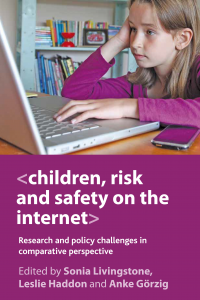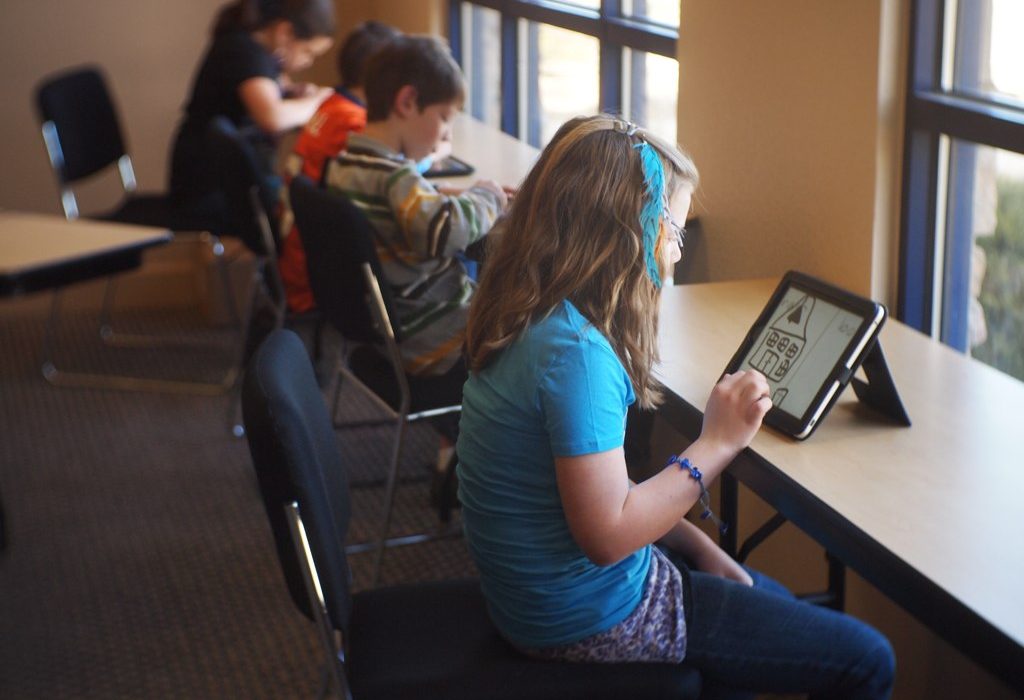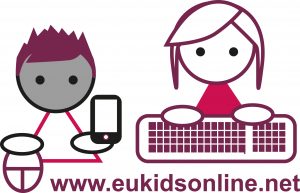EU Kids Online is a multinational research network seeking to enhance knowledge of European children’s online opportunities, risks and safety. It uses multiple methods to map children’s and parents’ experience of the internet, in dialogue with national and European policy stakeholders.
EU Kids Online has been funded by the EC’s Better Internet for Kids programme (originally, Safer Internet) and coordinated by Sonia Livingstone (LSE). At present the network continues its work under the direction of Uwe Hasebrink (Hans-Bredow-Institut, Global Kids Online Expert Group) and is conducting a new survey in Europe.
The EU Kids Online network developed an original theoretical framework for research on children’s online experiences and a research toolkit that underpin the work of Global Kids Online. The network has also created a wide range of comparative research outputs and a public database of findings.
So far, there have been four waves of EU Kids Online research:
 EU Kids Online IV (2014-18): The current stage of the project is underway, involving a second representative survey on children and online risks and opportunities to expand the evidence on an international level. The project has introduced an elaborated theoretical framework for research on children’s online experiences and continues to update the EU Kids Online public database.
EU Kids Online IV (2014-18): The current stage of the project is underway, involving a second representative survey on children and online risks and opportunities to expand the evidence on an international level. The project has introduced an elaborated theoretical framework for research on children’s online experiences and continues to update the EU Kids Online public database.
Findings are published in EU Kids Online short reports and thematic reports (covering issues such as experiences with sexual content, mobile opportunities, a qualitative study of young children (0-8) and digital technology, how parents of very young children manage digital devices, internet safety helplines and parental controls).
EU Kids Online III (2011-14): This involved work in 33 countries that updated and extended the European evidence database, elaborated the existing methodological guidance on best practice, including reporting on innovative methods for research with children, and created a number of thematic reports, for example, on disadvantaged families, a comparative analysis of internet safety policy implementation, preventive measures, the internet use of young children, excessive internet use, etc.
EU Kids Online II (2009-11): A survey of children and parents in 25 countries aiming to produce original, rigorous data on their internet use, risk experiences and safety mediation. See the final report.
EU Kids Online I (2006-9): The first wave identified relevant research needed for creating a publicly accessible database of evidence on children’s use of the internet in Europe. Working in 21 countries, it pinpointed existing research gaps and compared findings across countries to draw conclusions regarding internet risks and safety. See the final report.
For further information see www.eukidsonline.net









